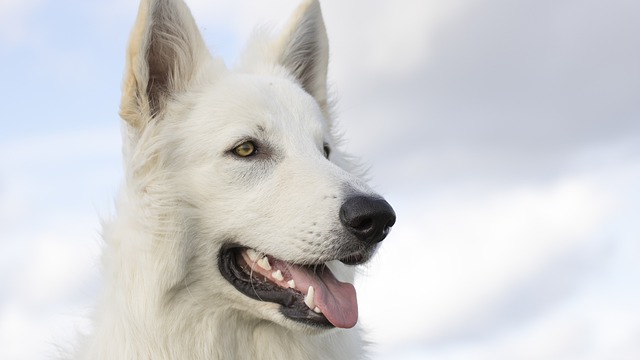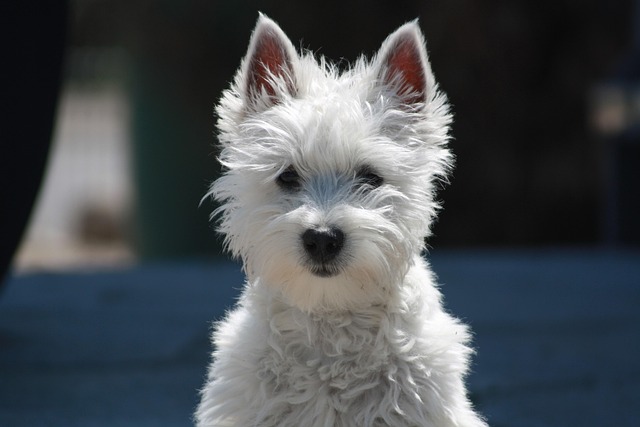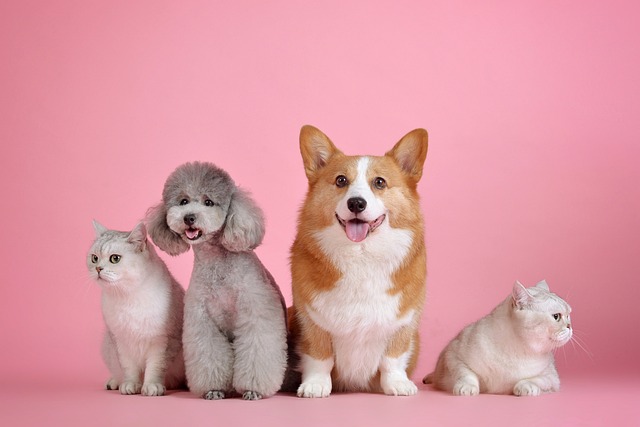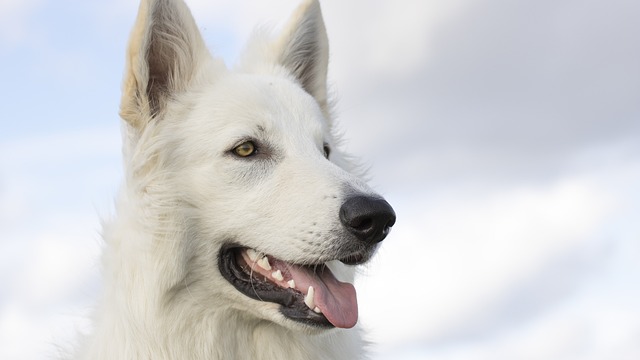
What is the best method of dog training?
In the thousands of years of symbiosis between humans and dogs, training has always been the key link to maintain the tacit relationship between the two.
When a fluffy little puppy stumbles into our arms with wet eyes and a soft cry, our hearts instantly melt. While joyfully welcoming this new life, a question arises: Should dog training start from a young age? The answer is yes. Training dogs from puppyhood not only helps them develop good behavioral habits but also serves as a key to building a bridge of trust and deepening the emotional bond between owners and dogs, combining professional scientific principles with warm emotional connections.
From the perspective of a dog's physiological and psychological development, the puppy stage is a golden period for training. The period from 3 to 12 weeks after a dog's birth is called the "socialization window," akin to their introductory course for understanding the world. During this stage, puppies are curious about everything in the outside world and highly capable of accepting new things, like a dry sponge eager to absorb surrounding information. Their brains are in a rapid development phase, with neural connections continuously being established and strengthened. The various things they encounter and scenarios they experience during this time leave a deep impression on their minds and gradually form behavioral patterns. Exposing puppies to different people and animals and letting them experience various sounds, smells, and environments during this period helps them better adapt to complex future lives and reduces fear and anxiety caused by unfamiliar situations. Conversely, missing this stage may lead dogs to develop excessive fear or aggression toward certain things, making future corrections much more difficult.
Training dogs from an early age helps establish good behavioral norms and prevent many undesirable behaviors. For example, teaching puppies to defecate in designated areas is often the first training task for many owners. In puppyhood, their excretory system is not fully developed, and they cannot well control defecation timing and location. Precisely for this reason, they are more receptive to new behavioral patterns. Through scientific guidance—such as observing behavioral signals before defecation, promptly taking them to the designated area, and reinforcing correct behavior with rewards—puppies can quickly learn to defecate in fixed areas. Adult dogs, however, may have formed incorrect defecation habits, requiring more time and effort to correct. Similarly, training puppies not to bark randomly or jump on people is more achievable before they develop ingrained behavioral patterns. Waiting until the dog is older, when these bad behaviors are entrenched, makes correction challenging, not only bothering owners but also affecting the dog's harmonious interaction with others.

During training, emotional communication between owners and dogs deepens, and trust is gradually built through small interactions. When we patiently guide puppies to complete one training command after another, encourage them with gentle tones, and reward them with delicious snacks, the dogs gradually understand the owners' intentions and feel their care. This interaction is like a warm dialogue, where each successful training session is a pleasant exchange. Dogs will increasingly trust their owners and be willing to obey commands. As owners watch their dogs progress from ignorance to mastering various skills, a sense of accomplishment and happiness naturally arises. This deep emotion and trust will play a vital role when dogs face complex situations as they grow up. For instance, in sudden dangers or unfamiliar environments, dogs that trust their owners are more likely to follow commands, thus avoiding risks and ensuring their safety.
Of course, emphasizing early training does not mean using harsh or strict methods. Puppies are physically and psychologically fragile, so training should follow the principles of gradual progression and positive reinforcement. Training content should increase in difficulty according to the puppy's age and ability, with each session kept short to avoid boredom. When puppies behave well, timely food rewards, gentle strokes, and praise are essential. Even if they fail, avoid scolding or excessive blame; instead, patiently repeat the guidance. Just as with educating children, we should accompany dogs' growth with love and tolerance, making training a joyful and warm memory.
A dog's life is relatively short, and they place all their trust and dependence in their owners. Starting training from puppyhood is our response to this trust and an important way to lay the foundation for their future happy life. Through training, we not only gain a well-behaved and obedient dog but also a priceless emotional bond. Let us cherish every moment with our dogs, using scientific methods and warm love to accompany them steadily on their growth journey and jointly write a beautiful chapter belonging to both.

In the thousands of years of symbiosis between humans and dogs, training has always been the key link to maintain the tacit relationship between the two.

When we walk with our dogs on the street, we are supposed to enjoy a leisurely time, but suddenly encounter a cat. The dog instantly tenses up, barks non-stop, and even struggles to break free from the leash to pounce on the cat.

When you get lost in a dense forest or are looking for key clues in a case, there is always a group of special "companions" who can use their keen sense of smell to clear the fog and lead us to the truth. They are dogs with excellent tracking ability.

When we walk our dogs on the street, an ordinary-looking leash carries the important mission of ensuring safety and regulating behavior.

When we happily plan to take our dog to the suburbs or go to the pet hospital for a health check, we find that it is full of fear of cars and shivers in the corner. The expectation instantly turns into heartache.

When a fluffy little puppy stumbles into our arms with wet eyes and a soft cry, our hearts instantly melt. While joyfully welcoming this new life,